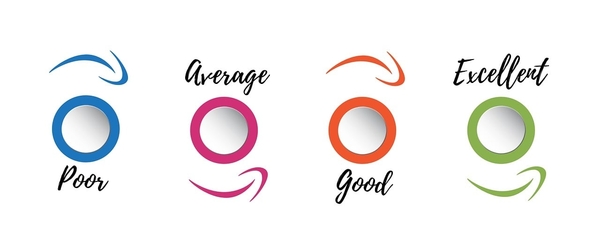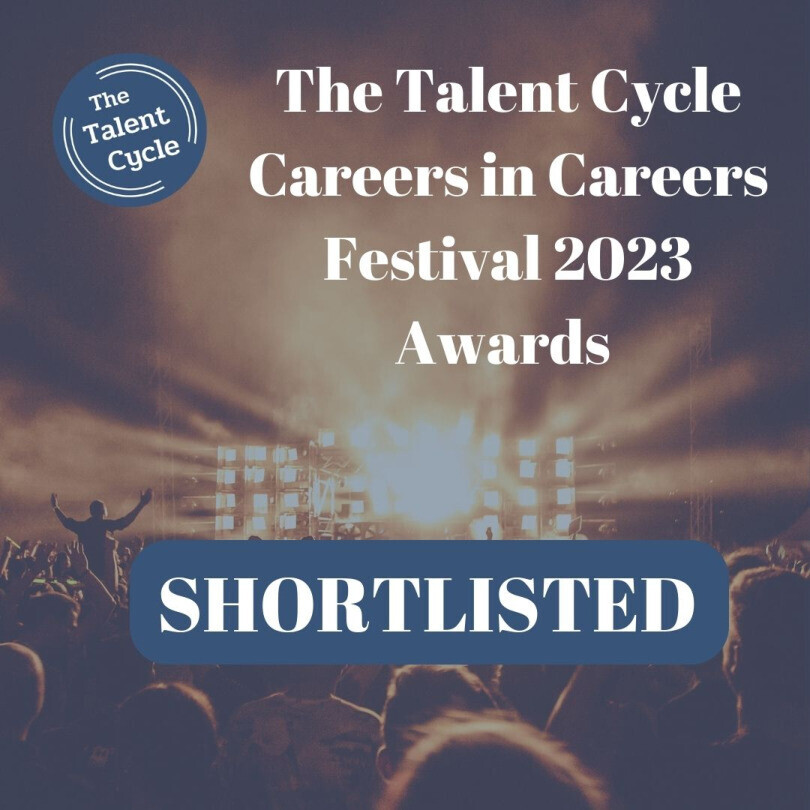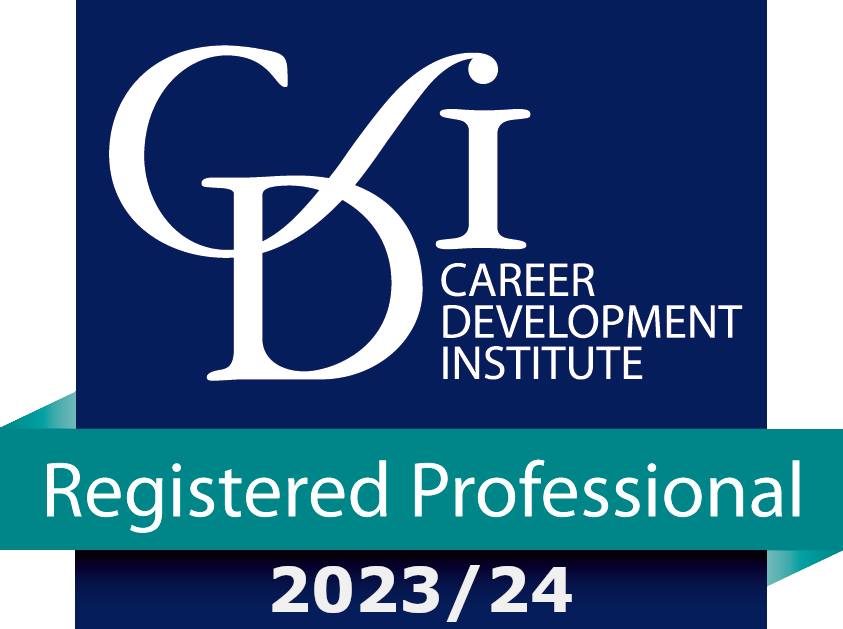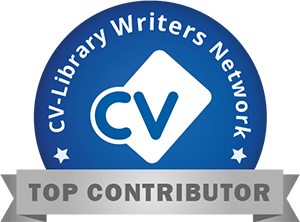Ofsted
- Overview of the Ofsted Thematic Survey of CEIAG published September 2023

Overview of the Ofsted Thematic Survey of CEIAG published September 2023
Monday 2nd October 2023
Janet Colledge
Well here it is, the long awaited publication of the Ofsted review into CEIAG. Given that the response to the Education Select Committee recommendations which said...
The Committee’s conclusions and recommendations, together with Professor Sir John Holman’s recommendations for the future careers system and the forthcoming report of Ofsted’s thematic review of careers provision in schools and colleges, provide an excellent opportunity to shape our plans further. We will consider these findings and engage a wide range of stakeholders to develop the final content of our Strategic Action Plan for Careers.
We really need to take note of what has been said. Especially as so many headteachers place so much importance on what Ofsted do and say, it's an important lever for improvement of CEIAG services within schools.
Throughout the blog you'll find my own comments enclosed in brackets (like this) and I use the term school to cover FE & Skills providers also.
Starting at the end
I took a look at the annexe which pointed out :-
- They had problems recruiting to the survey, especially FE & skills providers and thus were only able to visit good and outstanding skills and FE providers though they considered evidence from inadequate and requires improvement providers. They looked at 30 schools and 14 FE & skills providers.
- They didn't actually observe any CEIAG teaching or guidance activity, they triangulated evidence between data, speaking to staff and pupils and their own Ofsted reports. They say this was to reduce 'any potential harm' to pupils but they do concede that if they had observed sessions they may have been able to provide a more rounded review.
Those of you interested in the full round up of how the review was conducted can take a look at the annexe where all the methodology is outlined in full. I personally have a life (I think) and have skimmed the annexe and reported on what I think are the 2 most limiting features.
What were Ofsted looking for?
The questions posed do show some interesting areas of interest, in my opinion they are :-
- Are schools delivering high quality CEIAG
- Are they meeting the Baker Clause
- Engaging with local stakeholders & tailoring their offer to the local area
- Is CEIAG seen as a purposeful part of the curriculum and is the careers leader given enough support by SLT
- Are schools engaging with local careers networks
- Are parents & carers involved
- Is equal prominence given to academic and technical routes
- Do pupils think they are being offered high quality guidance
So what are the bits that a Careers Leader needs to be aware of?
- Good CEIAG could be achieved if leaders think strategically about careers and support employer engagement that is authentic, contextualised and personalised. The Gatsby Benchmarks support strategic planning of CEIAG
- Careers Hubs are a significant source of support for schools
- Most schools offered unbiased guidance between academic and technical routes but not all.
- Schools are having problems collating destinations data
Main Findings
Schools are struggling to provide the time and resources for CEIAG but most are doing their best given the circumstances. (My own caveat to this statement is that my empirical experience of the reality is that the resources and time allocated to CEIAG is often reliant on the willingness of SLT to see CEIAG as a priority)
Schools are starting to see the importance of appropriately qualified Careers Professionals. (Statutory guidance says they should be level 6 qualified & on the CDI register)
Close working between school leaders, careers leaders, teachers and careers specialists is important for effective careers guidance. (Every teacher is a careers teacher but IMHO the facilities, admin and catering staff etc are important too) Triaging and personalising the guidance offer is important to making limited guidance time effective.
Most schools are linking curriculum learning to careers but this is patchy How this is done varies and should be down to the school however there was concerns around the amount of time and resources to do this.
Collecting destination data is very difficult for schools but effective destination data can help inform good CEIAG provision. Time and GDPR were the main barriers.
Parity of esteem between academic and technical routes Skills providers noted that access was still difficult to obtain in some schools and there were questions about the quality of advice previously given to young people. (IMO possibly due to guidance staff shortages or lack of qualifications) However, in general this aspect has improved since the last review in 2013.
Parents are a powerful ally in CEIAG but are often underused Most young people look to their family as a key provider of careers support.
Work experience & employer encounters are important but underused All the schools visited held careers fairs and/or encounters but these were most effective when linked to curriculum learning and effective preparation and debrief was part of the process. Covid has had an effect both positive i.e. development of hybrid work experience and encounters but also negative, e.g. more home working makes work experience harder to find. Some schools have yet to restart work experience.
So that's the findings... tomorrow we'll look at the recomendations.





